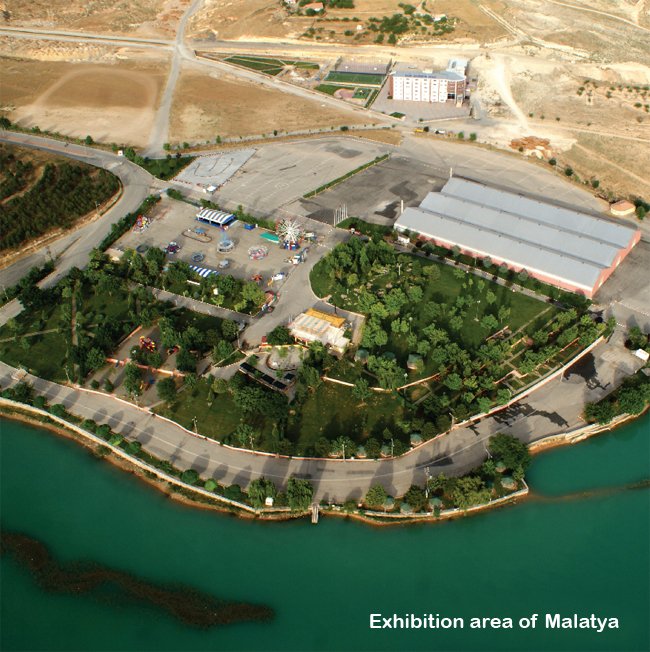Malatya, a vibrant city in Eastern Anatolia, Turkey, stands as a significant hub of trade and commerce. Known for its rich history and cultural heritage, Malatya’s economic landscape is diverse and dynamic. This article explores the various facets of trade and commerce in Malatya, focusing on its major industries, economic growth, and the unique products that define the region.

Major Industries
Agriculture dominates Malatya’s economy, with the city being globally renowned for its apricot production. Malatya produces more than 80% of the world’s dried apricots, making it a crucial player in the global market. The fertile lands of Malatya also support the cultivation of other fruits and vegetables, contributing significantly to the local economy.
Textiles and manufacturing form another cornerstone of Malatya’s industrial landscape. The city hosts numerous textile factories that produce a variety of goods, from garments to home textiles. The textile industry not only provides employment to thousands but also boosts the city’s export potential.
Economic Development and Growth
Malatya’s economy has seen substantial growth in recent years, driven by strategic investments and development projects. The local government, in collaboration with private enterprises, has initiated several infrastructure projects to improve connectivity and business facilities. These efforts have attracted both domestic and international investors, leading to increased economic activity.
The establishment of organized industrial zones has further stimulated economic growth. These zones provide businesses with essential infrastructure, including transportation, utilities, and communication networks, fostering a conducive environment for industrial operations.
Famous Products
The most iconic product of Malatya is undoubtedly the apricot. The city’s climate and soil conditions are ideal for apricot cultivation, resulting in high-quality produce. Malatya apricots are known for their rich flavor and nutritional value, making them a favorite among consumers worldwide. The apricot industry not only boosts the local economy through exports but also provides livelihood to thousands of farmers and workers.
In addition to apricots, Malatya is also known for its honey, which is prized for its purity and taste. The beekeeping industry in Malatya thrives due to the region’s diverse flora, which provides an excellent environment for honey production.
Trade and Commerce Dynamics
Malatya’s strategic location enhances its trade and commerce dynamics. Situated at the crossroads of major trade routes, the city enjoys easy access to domestic and international markets. The transportation network, including highways, railways, and air transport, facilitates the efficient movement of goods, bolstering trade activities.
Local markets in Malatya are bustling centers of commerce, where a variety of goods are traded daily. These markets not only cater to the local population but also attract traders from neighboring regions. The city’s commercial activities are further supported by a robust banking sector, which provides essential financial services to businesses and individuals.
Export Potential
Malatya’s export potential is significant, with its products reaching markets across Europe, the Middle East, and Asia. The apricot industry, in particular, plays a crucial role in the city’s export activities. Dried apricots from Malatya are highly sought after in international markets, contributing substantially to Turkey’s export revenues.
Textiles also form a major part of Malatya’s export portfolio. The high quality and competitive pricing of Malatya’s textile products make them attractive to global buyers. The city’s manufacturers have established strong trade relationships with partners worldwide, ensuring a steady demand for their products.
Future Prospects
The future of trade and commerce in Malatya looks promising. Ongoing infrastructure projects, coupled with supportive government policies, are expected to further enhance the business environment. The focus on diversifying the economy and promoting sustainable practices will likely drive long-term growth.
Innovation and technology adoption are also poised to play a significant role in Malatya’s economic future. The integration of advanced agricultural practices and the expansion of digital commerce platforms will open new avenues for trade and commerce, ensuring Malatya remains a key player in the regional and global economy.
Conclusion
Trade and commerce in Malatya are integral to the city’s economic vitality. With its robust agricultural base, thriving industries, and strategic location, Malatya continues to be a dynamic center of economic activity. As the city embraces new opportunities and challenges, its trade and commerce landscape is set to evolve, promising a prosperous future for its residents and businesses.

